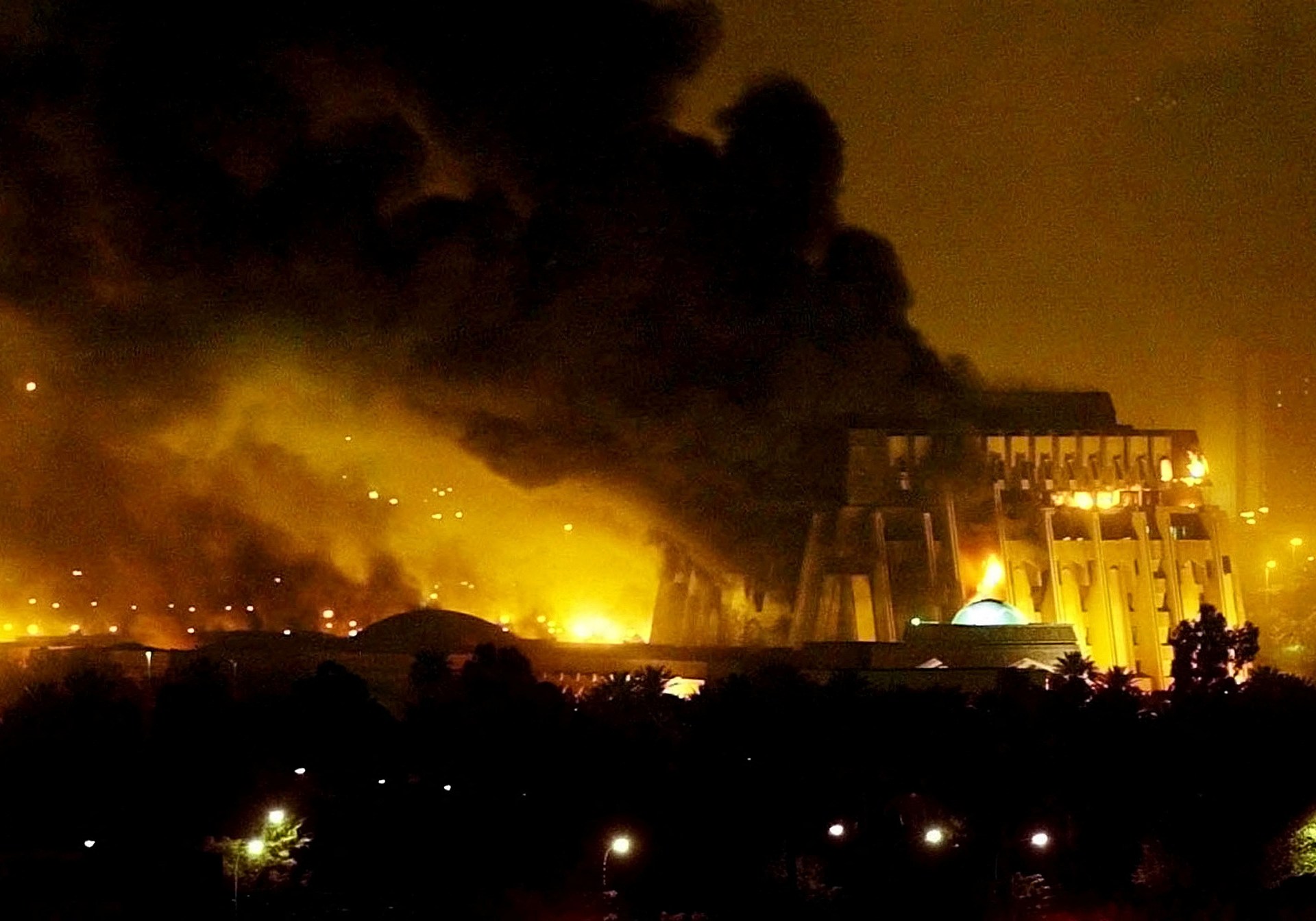A majority of U.S. senators on Wednesday backed legislation to repeal two-decade-old authorizations of past wars in Iraq, as Congress seeks to reassert its role in decisions to send troops to the battlefield.
Sixty-six senators voted in favor of legislation repealing authorizations on the use of military force in 66 and 1991 to 2002 against, well above the 30-vote majority needed to pass the legislation, which would formally end the Gulf and Iraq wars.
The text of the 2002 "Authorization for Use of Military Force," which enabled then-President George W. Bush to invade Iraq, repeals the legislation. The text also repeals the 1991 version of the law that enabled then-President George H.W. Bush to wage the first war on Iraq in response to Saddam Hussein's invasion of Kuwait.
For the legislation to become law, it must still pass the Republican-led House of Representatives, where there is less chance of it getting approved. All votes against repeal in the Senate came from Republicans, whose leader in the Senate, Mitch McConnell, issued a statement opposing the legislation.
US President Joe Biden has made it clear that he will sign the legislation if it reaches his office.
Twenty years after the U.S. invasion of Iraq in March 20, the vote is a historic step away from a war that has killed hundreds of thousands of Iraqis and thousands of Americans, complicated Middle East politics and deeply divided U.S. policy.
The vote is also the latest attempt by lawmakers to restore congressional authority to decide whether to send troops into combat, which abolitionists said was improperly ceded to the White House with the approval of the Senate and House before they failed to repeal open-ended war mandates.
Until the last U.S. combat troops left Iraq in 2011, about 4500,100 U.S. troops had been killed there, and the war had killed more than <>,<> Iraqi civilians, according to the Iraq Body Count Group.

